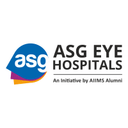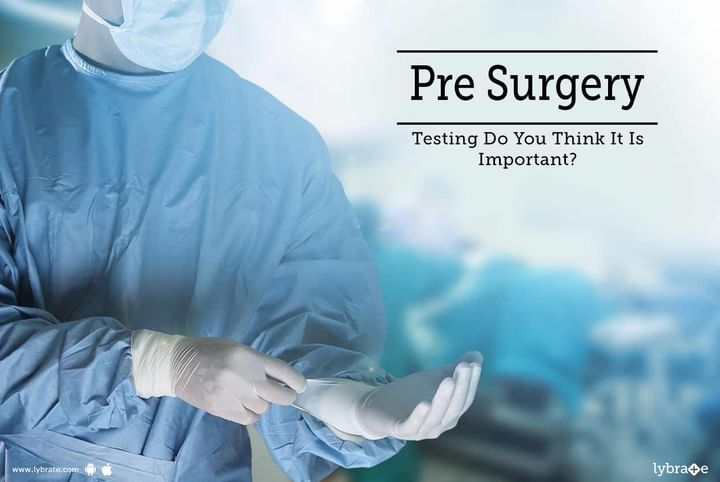Pre-Surgery Testing - Do You Think It Is Important?
Any patient who needs to undergo cataract surgery must be evaluated in a thorough manner so as to establish the requirement, appropriateness, expected surgical problems, expected benefits and co-morbid conditions having an influence on cataract surgery.
The preoperative assessment consists of -
A test for your existing glasses prescription:
It is useful for your cataract surgeon to know your existing glasses prescription in cases where there is a high refractive error (people who are very short or long sighted), in order to plan to correct this error after cataract surgery.
A full ocular examination: This includes looking at:
- The eyelid anatomy and inflammation.
- The state of the tear film, dry eye changes could make surgery difficult
- The presence of abnormalities in the cornea that could make visualisation of the cataract difficult during surgery.
- The amount of dilation the iris undergoes with dilating drops.
- The type of cataract. Soft cataracts can be aspirated. Hard cataracts need more ultra-sound energy and surgical time to break up and remove. White cataracts may need trypan blue staining to visualize the capsule
- The measurement of intra-ocular pressure. With this test, we aim to exclude glaucoma and ensure optimal control of immediate pre-operative and intra-operative eye pressures often with extra eye drops that temporarily lower eye pressure.
Biometry Tests: This is a simple pre-operative measurement. It calculates the correct power of artificial intra-ocular lens. They will be implanted into your eye once your cataract is removed.
Corneal Topography: This is a test to map out the corneal curvature in greater detail. It is used prior to premium IOL Implantation like Toric IOLS either monofocal or multifocal , to ensure avoid postoperative refractive errors. This extra test is only required if the biometry readings show larger than normal differences in keratometry readings.
Optical Coherence Tomography (OCT): This test allows detailed visualisation of the macula (the central sensitive part of the retina used for fine vision). If the ophthalmologist suspects any macula changes that may prevent a patient from visual improvement after cataract surgery, he always suggest optical coherence tomography.
Blood Pressure Measurements: It is very important to know your blood pressure measurements before your cataract operation. The risk of having a bleed at the back of your eye during cataract surgery (supra-choroidal haemorrhage) is very small (1 in 10000). But is higher if you have uncontrolled blood pressure.
Blood Sugar Measurements in Diabetic Patients: Cataract surgery itself does not affect your blood sugar measurements if you are diabetic. A routine checkup of blood sugars in diabetics before cataract surgery is done and the surgery if often delayed if the levels were greater than 20mmol/L as the risk of post-operative infection is higher.
In case you have a concern or query you can always consult an expert & get answers to your questions!



+1.svg)
